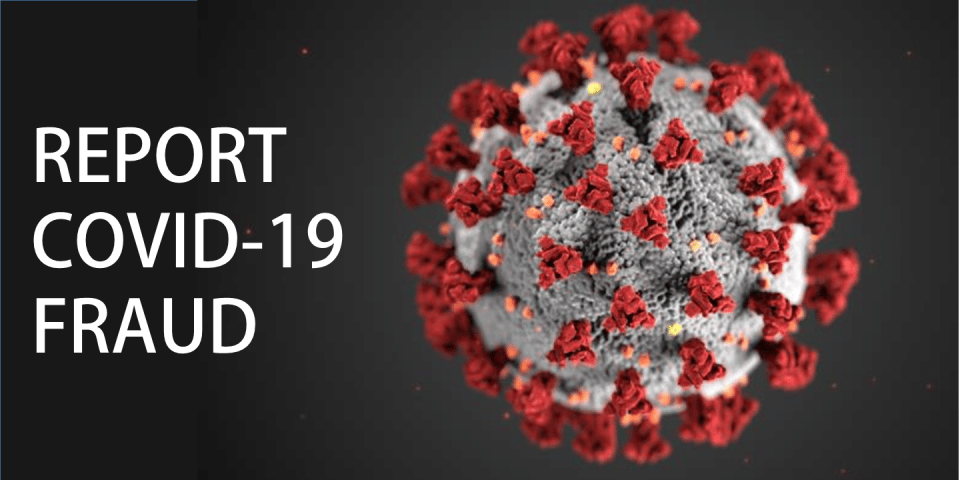In deciding a 1967 whistleblower case, legendary British judge Lord Alfred Thompson Denning wrote, “It is a great evil when people purvey scandalous information for reward.”
A half-century later, we know that whistleblowers are not scandal-mongers, that it is corrupt politicians and corporations who commit evil acts, and that whistleblower rewards have become one of the most effective incentives for citizens to report crime.
These points were made clear in a report released last week by the Canadian COVID-19 Accountability Group. In “Protecting Whistleblowers and Increasing Transparency in Canada in the age of COVID-19”, prominent corruption-fighters including Sandy Boucher, Allan Cutler, and David Yazbeck firmly put their stamp of approval on whistleblower rewards.
Recognizing that “the potential for the abuse and misuse of resources” during the crisis is rising, the Group urged Canada to “immediately implement whistleblower incentives for the private sector.”
The Group is calling on officials to expand upon the reward programs Canada recently put in place. Among them are the Canada Revenue Agency’s Offshore Tax Informant Program, which pays rewards of 5-15 percent of funds recovered from overseas tax cheats; and the Ontario Securities Commission’s Whistleblower Program, which pays rewards of 5-15 percent stemming from securities or derivatives violations.
Where does the Group say Canadian officials should look for inspiration? The U.S. The Canadian experts said the maximum reward should be increased to 30 percent and whistleblowers should be rewarded for reporting non-financial misconduct.
